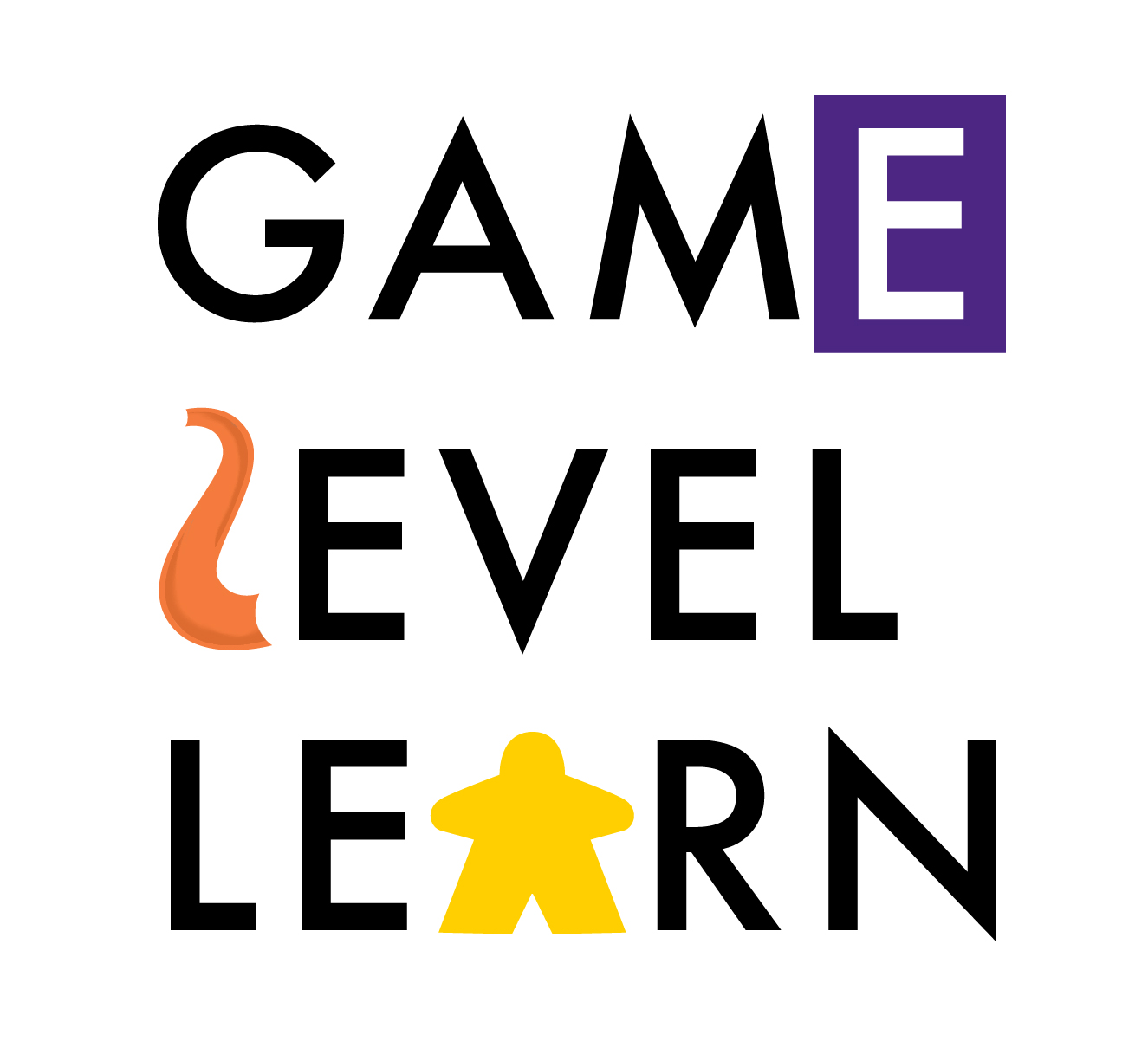51 Mechanics: Set Collection
/BoardGameGeek (BGG) is a singular repository of gaming information, knowledge and wisdom that has been serving the modern board game hobby since 2000. I consult it regularly and have used its database to manage my own game collection. I also used it when I was writing my 2016 book on gamified instruction, particularly with regard to the game mechanics that BGG identified and organized content into. While there are more than 85,000 games, even now, there are just 51 mechanics. Since every mechanic offers something to the teacher who wants to use games in the classroom, I'm going to use this section of Game Level Learn and my own contributions to it to assess games from each of these 51 mechanics. Next up?
The Set Collection mechanic is singularly useful for the gamifying teacher. Set Collection is ultimately about making decisions about pattern, anticipating the availability of resources and trying to manage scarcity. What makes these games appealing to the gamifying teacher is their accessibility. There are games of this kind that are wildly complicated and others that couldn't be easier. If you think about the kinds of sets you want your students to understand, nothing would be easier than using one of these five games as a model/anchor game to build your own student experience.
Bohnanza (BGG Rank: 366)
In Bohnanza, you play a bean farmer trying to maximize yield in two (or three) bean fields. Each field can have only one kind of bean planted in it at a time. Through strategic trades, you attempt to gain beans that are valuable to you at a cost that doesn't imbalance the game in your opponents' favor. Easily to learn and highly strategic, this game also would be a good introduction to the trading mechanic.
Lost Cities (BGG Rank: 294)
Lost Cities is a two-player game (there is a four player variant too) in which you undertake expeditions to exotic locales. Each locale has cards numbered from 1-10 and three "handshake" cards that increase the potential value (or cost) of an expedition. Over the course of three turns, players try to gather the best expedition cards they can and play them fast enough to get full value before their opponent "goes out."
Tigris & Euphrates (BGG Rank: 69)
Tigris&Euphrates is the second Reiner Knizia game on this list. An old classic, T&E is asking you to gather resources in farming, trading, religion and government through your game play. The trick of T&E is that your final score is the score of your weakest area. What this encourages is players to try to find strategies as balanced as possible. A tricky but fun and enlightening experience.
Tzolk'in: The Mayan Calendar (BGG Rank: 37)
Tzolk'in is a game that simulates the full range of life in ancient Mesoamerica. This one might be better called "Sets Collection," because there's a lot that you're having to keep track of. An extraordinary feature of this game is its board. The Maya are well known for their complex understanding of time and the game board represents this through a series of interlocking gears that change the available actions on any given turn. It looks much harder than it actually is, but this game is definitely for experienced players.
Zooloretto (BGG Rank: 605)
Michael Schacht has won the Spiel des Jahres and deservedly so for his inventive designs. In Zooloretto players take on the role of zookeepers trying to assemble from "delivery trucks" the best mix of animals for their particular zoo. The challenge is that there's only so many places to put the animals...and if you don't collect your sets effectively, you're going to have a lot of animals in your barn, each of whom costs you victory points.
Cover image: [https://www.boardgamegeek.com/image/1522182/tzolk-mayan-calendar]


